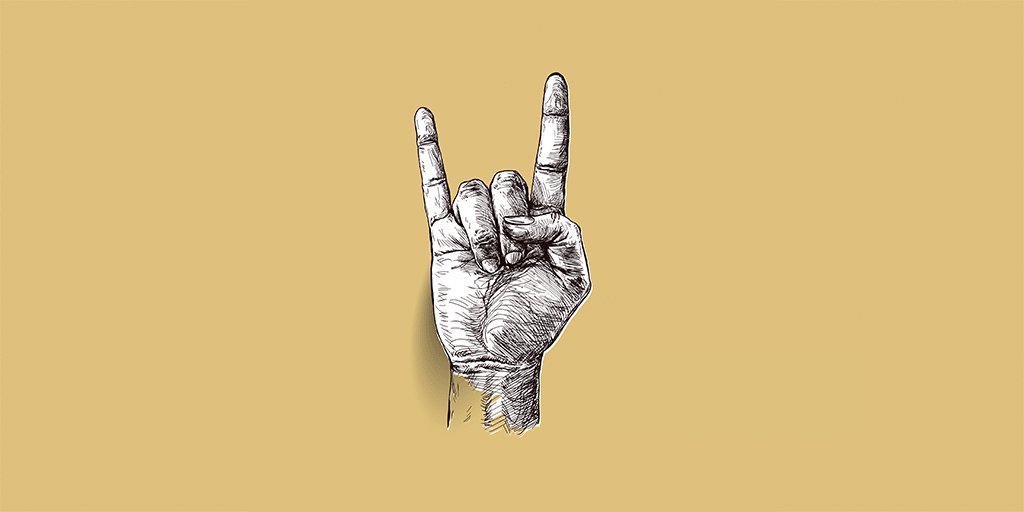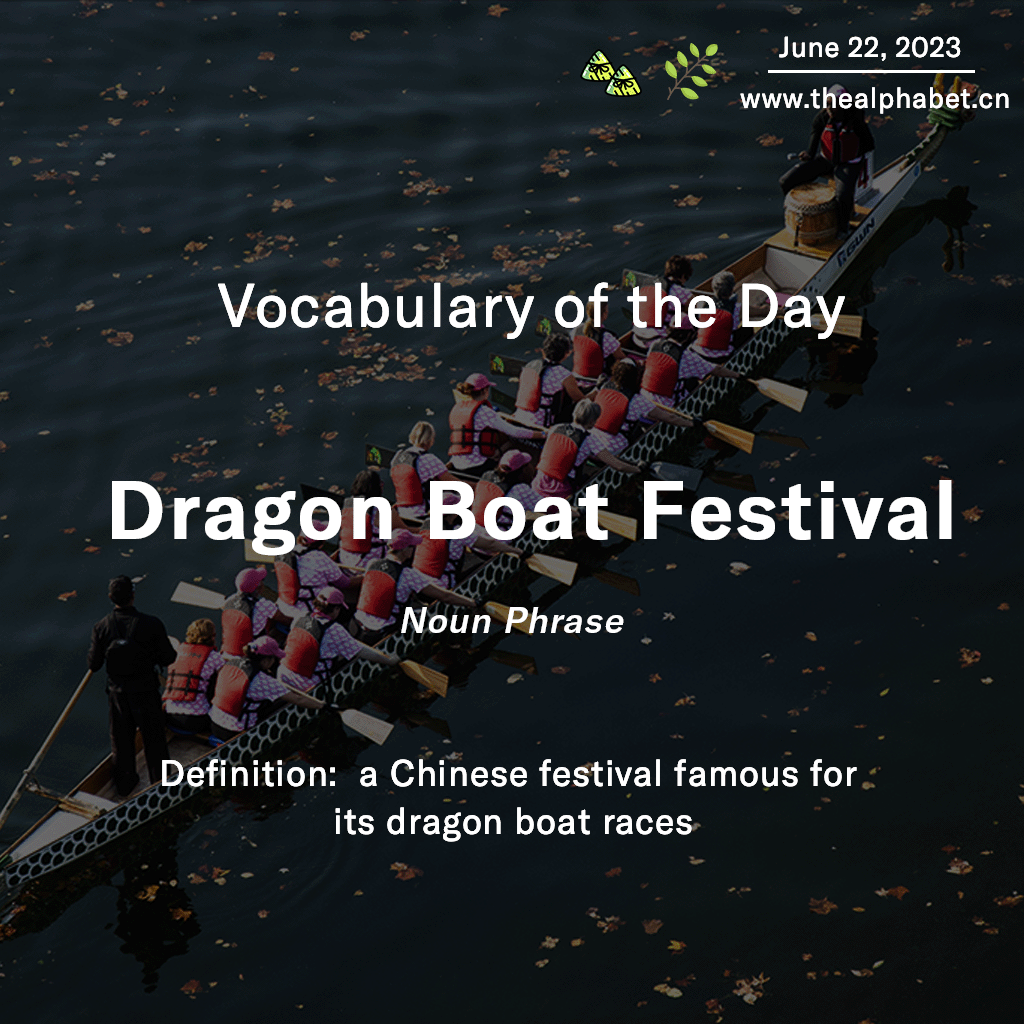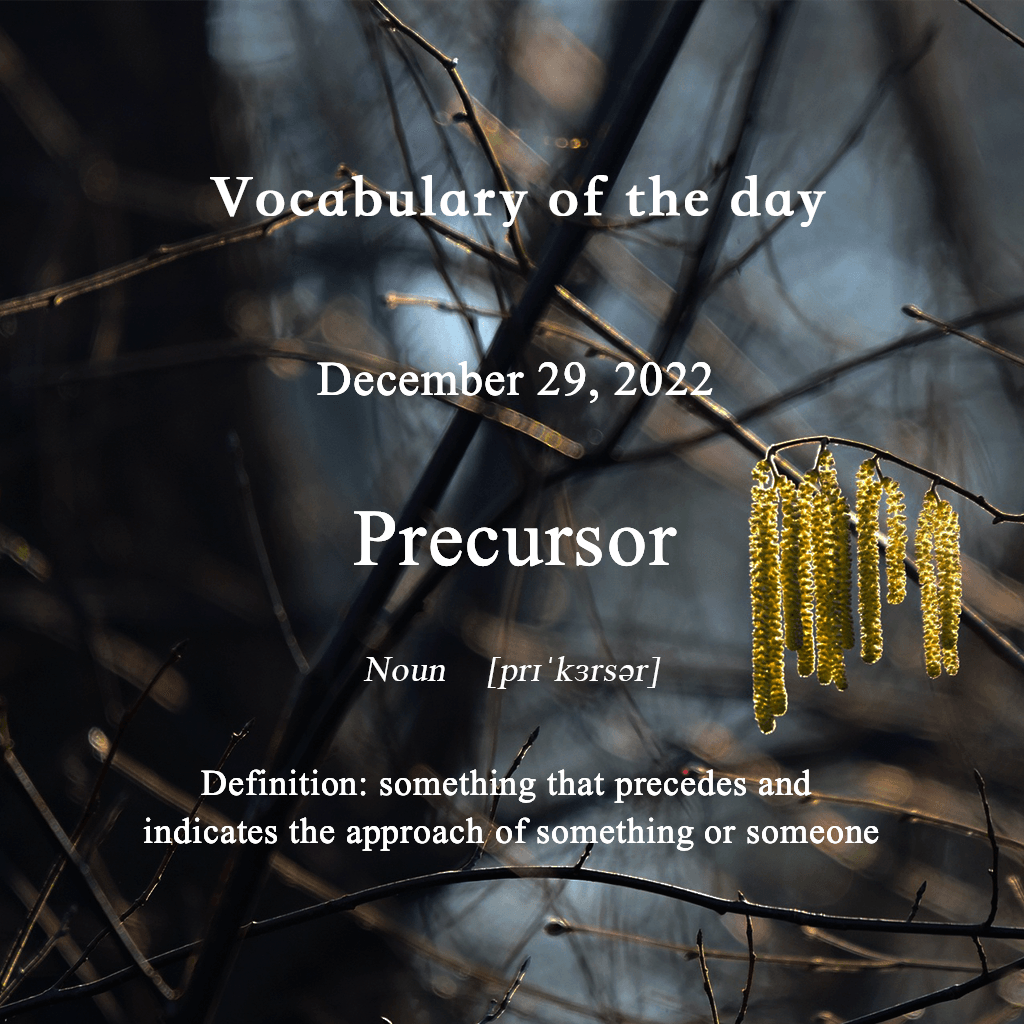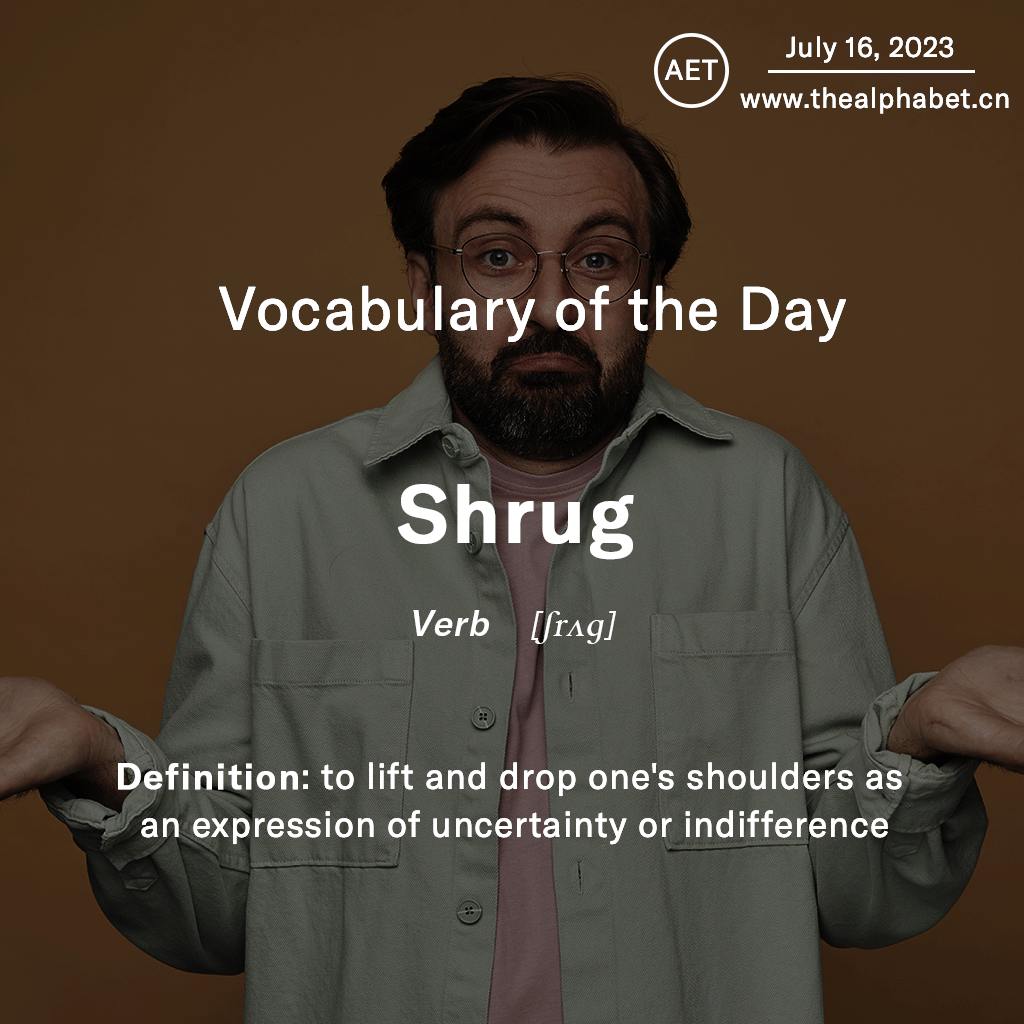
Image by Rochak Shukla on Freepik
发音:[ˈhetəroʊˌdɑks]
例句:
- “Heterodox” is a word used to describe ideas, beliefs, or opinions that are different or unconventional compared to the commonly accepted or mainstream views. It’s often used when someone goes against the norm or questions established traditions, especially in areas like religion, politics, or philosophy.
- When a political leader or party promotes policies or ideas that go against the usual political ideologies, you can describe them as heterodox. For instance, a politician advocating for unconventional solutions to common political problems might be seen as having heterodox views.
- Schmitz, a columnist for The American Conservative, identifies as socially conservative but takes a more heterodox stance on economic issues, all the while maintaining a strong sense of American patriotism and harboring suspicions about the interventionist foreign policy elites.
- In the world of professional basketball, LeBron James has been known for his heterodox leadership style, which emphasizes teamwork and community engagement just as much as on-court performance, setting a new standard for athlete activism.
- Dr. Neil deGrasse Tyson’s heterodox views on science education advocate for making complex scientific concepts more accessible to the general public through engaging and entertaining methods, sparking a renewed interest in the cosmos.
- In the world of tech startups, Jeff Bezos’ heterodox vision for Amazon went beyond an online bookstore to create a global e-commerce giant, challenging traditional retail models and pioneering concepts like one-day delivery and cloud computing services.
解释:
- Heterodox这个单词做形容词使用,其表示“characterized by departure from accepted beliefs or standards”这一含义,即“异端的/非正统的”,与unconventional /dissident /heretical /iconoclastic这些单词构成近义词。
- 具体使用场景如下:
- In the annals of sports history, Muhammad Ali’s heterodox approach to boxing encompassed not just his dazzling footwork and punching power but also his verbal prowess, as he used clever rhymes and witty joke to psychologically unsettle opponents, forever altering the dynamics of pre-fight hype and promotion.(在体育史上,穆罕默德·阿里非正统的拳击方法不仅包括他令人眼花缭乱的步法和拳击力量,还包括他的语言能力,因为他使用巧妙的押韵和诙谐的玩笑在心理上使对手感到不安,永远改变了赛前炒作和推广的动态。)
–Sports - Rachel Carson’s heterodox environmentalism, as expressed in her groundbreaking book “Silent Spring,” challenged the widespread use of pesticides and inspired a global movement for ecological conservation, ultimately leading to the establishment of the Environmental Protection Agency in the United States.(雷切尔·卡森的异端环保主义,正如她的开创性著作《寂静的春天》所表达的那样,挑战了农药的广泛使用,并激发了全球生态保护运动,最终导致美国环境保护局的成立。)
–Literature - Tim Berners-Lee’s development of the World Wide Web, a heterodox concept at the time, transformed the way information is shared and accessed worldwide, ushering in the digital age and revolutionizing communication, commerce, and education.(蒂姆·伯纳斯-李对万维网,当时是一个非正统的概念,的发展改变了全球信息共享和访问的方式,开创了数字时代,彻底改变了通信,商业和教育。)
–Technology - Howard Schultz’s heterodox approach to building Starbucks into a global coffeehouse chain, with a focus on creating a “third place” between work and home, not only redefined the coffee industry but also changed the way people socialize and work.(霍华德·舒尔茨将星巴克打造成全球咖啡连锁店的非正统方法,其专注于在工作和家庭之间创造“第三空间”,不仅重新定义了咖啡行业,还改变了人们的社交和工作方式。)
–Business - Leonardo da Vinci’s heterodox genius extended across a wide spectrum of disciplines, from his innovative artistic techniques in “Mona Lisa” and “The Last Supper” to his pioneering anatomical studies and inventions, making him a classic Renaissance intellectual whose impact endures through the ages.(达芬奇的异端才能跨越了广泛的学科,从他在《蒙娜丽莎》和《最后的晚餐》中的创新艺术技巧到他开创性的解剖学研究和发明,使他成为文艺复兴时期的典型博学者,其影响历久弥新。)
–Arts



